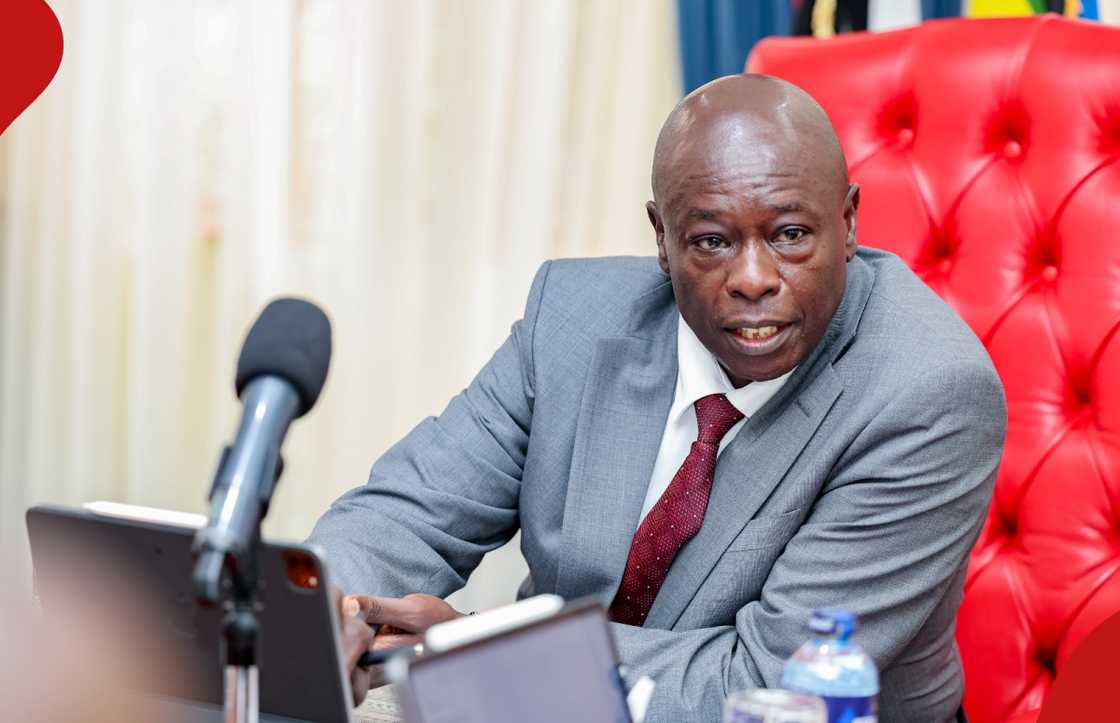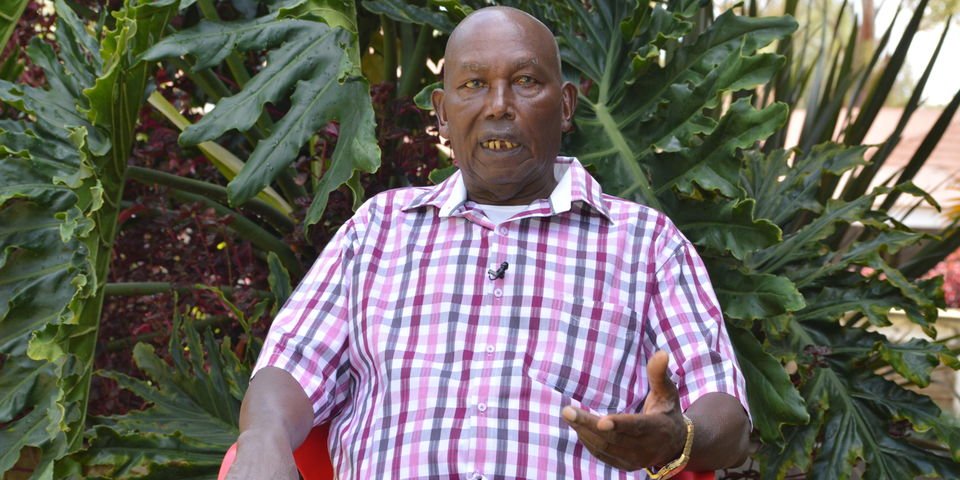You’ve dreamed of this moment for years. The suitcase by your bed is already packed in your mind: a passport, a scholarship letter, a thousand hopes folded neatly between clothes. You’ve aced your exams, nailed your visa interview prep, and counted the days to when you’ll finally board that plane to the United States — the land of opportunity, the place where your future truly begins.
But now, out of nowhere, your dream hangs by a thread. And the noose? Your social media.
On April 9, the U.S. Citizenship and Immigration Services dropped a bombshell that shook thousands like you across Kenya and beyond. From now on, if your social media is found to contain anything perceived as antisemitic — even a meme you reposted without thinking — your student visa, green card, or work permit could be denied.
No questions. No second chances.
You probably don’t even remember what you tweeted during last year’s protests. Maybe you shared a thread on Palestine. Maybe it was an article someone else posted. Maybe you just hit “like” on something controversial because you didn’t fully understand the implications.
It doesn’t matter.
The Department of Homeland Security says there’s “no room in the United States for the rest of the world’s extremist sympathisers.” Just like that, years of work — all the savings your family scraped together, the nights you stayed up studying — can be thrown out with a single click.
You’re not alone. Over 300 students have already had their visas revoked. Their crime? Posts that the U.S. deemed antisemitic — a term so broad now, it could mean anything from political commentary to misunderstood activism. The Secretary of State even labelled them “lunatics.”
Suddenly, the line between free speech and exile is paper-thin.
You were told that Kenya’s ties with America were strong. You believed the U.S. was a land that rewarded ambition, not punished online opinions. But this? This feels like betrayal.
Now, you scroll through your feeds, deleting posts you don’t even remember writing. Erasing opinions. Scrubbing your digital identity clean. Because in this new world, what you said five years ago could decide where you live tomorrow.
Your American dream didn’t die in a courtroom. It didn’t collapse under bad grades or a failed interview.
It might die in your inbox — with a cold, automatic email saying your visa has been denied.
No appeal. No explanation. Just a lost future in 280 characters or less.
So now what? Do you keep trying? Or do you look elsewhere — to Canada, Australia, the UK? Or do you stay here in Kenya, where the only thing chasing you is your ambition?
Whatever you choose, remember this: in 2025, your voice online isn’t just your voice. It’s your visa. Your border pass. Your future.
And in the eyes of the new America — you’re guilty until your timeline proves otherwise.










































